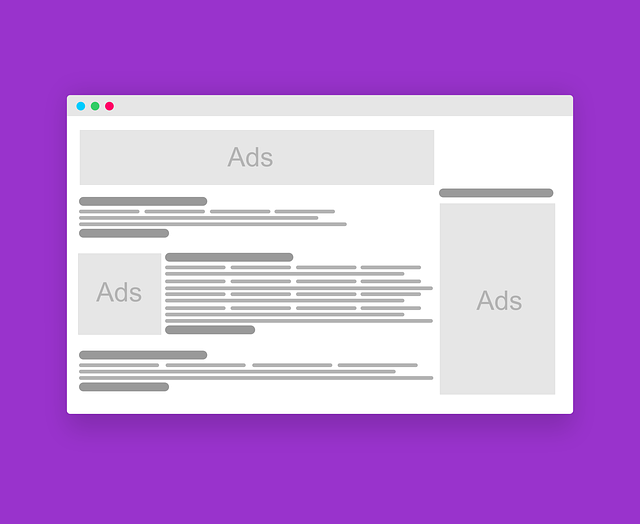AI regulatory monitoring is transforming mobile home maintenance by using advanced algorithms to analyze diverse data sources, ensuring structural integrity and safety system compliance. This technology predicts issues before they escalate, enabling proactive maintenance scheduling. It enhances safety, optimizes operational efficiency, minimizes downtime, and extends the lifespan of mobile homes, making it a game-changer for smarter, safer living spaces. While implementing predictive maintenance with AI shifts from reactive to proactive care, challenges include data privacy, security, and bias mitigation through industry collaboration.
In today’s digital era, implementing AI for predictive maintenance scheduling in mobile homes is transforming the landscape of property management. This article explores the potential of AI regulatory monitoring as a game-changer for ensuring mobile home compliance. We delve into the process of integrating AI, its benefits like enhanced efficiency and cost savings, and navigate the challenges, focusing on maintaining safety and regulatory adherence. By understanding these key aspects, folks can harness AI’s power to optimize mobile home maintenance management.
- Understanding AI Regulatory Monitoring for Mobile Home Compliance
- Implementing Predictive Maintenance Scheduling with AI
- Benefits and Challenges of AI in Mobile Home Maintenance Management
Understanding AI Regulatory Monitoring for Mobile Home Compliance

AI regulatory monitoring is transforming the way mobile home maintenance and compliance are managed. By leveraging advanced algorithms, this technology scans and analyzes vast amounts of data from various sources to ensure every aspect of a mobile home adheres to relevant regulations. From structural integrity checks to safety systems, AI can predict potential issues before they become critical, allowing for proactive scheduling of maintenance tasks.
This predictive approach not only enhances the safety of mobile home residents but also optimizes operational efficiency. By prioritizing maintenance based on real-time data insights, service teams can allocate resources effectively, minimizing downtime and maximizing the lifespan of these living spaces. AI regulatory monitoring is a game-changer, paving the way for a smarter, safer, and more sustainable future for mobile homes.
Implementing Predictive Maintenance Scheduling with AI

Implementing Predictive Maintenance Scheduling with AI transforms traditional maintenance practices in the mobile home industry by leveraging advanced algorithms and machine learning techniques. This innovative approach enables proactive rather than reactive care, minimizing unexpected breakdowns and maximizing equipment lifespan. By continuously analyzing data from various sensors and systems, AI models can predict potential failures before they occur, allowing for precisely timed maintenance windows that align with actual needs.
In the context of mobile homes, AI regulatory monitoring for mobile home compliance adds another layer of safety and efficiency. The technology ensures that maintenance activities adhere to industry standards and regulations, reducing the risk of citations or unsafe living conditions. This integration promotes a culture of continuous improvement and helps maintain high-quality standards in mobile home parks across the globe.
Benefits and Challenges of AI in Mobile Home Maintenance Management

The integration of Artificial Intelligence (AI) in mobile home maintenance management offers significant advantages, revolutionizing how service and repair tasks are scheduled and executed. AI algorithms can analyze vast amounts of data from various sensors installed in mobile homes to predict equipment failures before they occur. This proactive approach not only minimizes unexpected breakdowns but also optimizes maintenance scheduling, reducing downtime for homeowners. For instance, AI regulatory monitoring ensures that all systems comply with safety standards, enhancing the overall living environment.
Despite its promise, implementing AI in this context comes with challenges. Data privacy and security are paramount concerns, as sensitive information about home systems must be protected from unauthorized access. Additionally, ensuring that AI models are trained on diverse, high-quality datasets to avoid bias and inaccuracies is a complex task. Collaborating with industry stakeholders, including manufacturers and regulators, is essential to establish standards for data collection and model validation, thereby maximizing the benefits of AI while mitigating potential risks.
AI predictive maintenance scheduling is transforming the way mobile home parks operate, offering improved efficiency and cost savings. By leveraging AI algorithms for regulatory monitoring and compliance checks, park managers can anticipate issues before they occur, ensuring a safer and more reliable environment. Implementing these advanced systems streamlines maintenance processes, allowing for better resource allocation. While challenges exist, such as data privacy concerns and initial integration costs, the benefits of AI in mobile home management are undeniable. As this technology continues to evolve, its impact on maintaining and upgrading mobile homes will be increasingly significant, fostering a more sustainable and efficient future for the industry.
